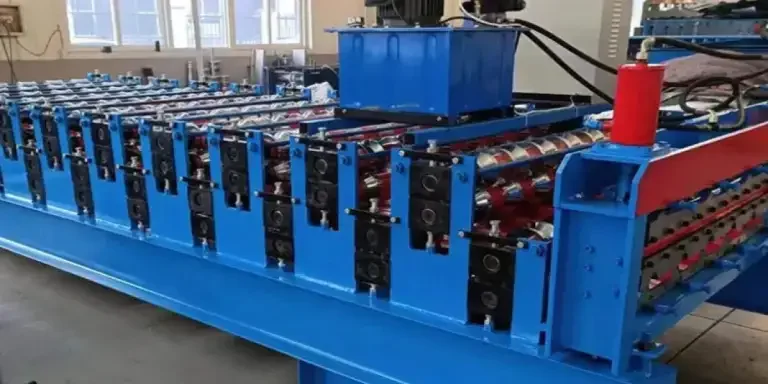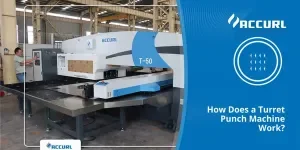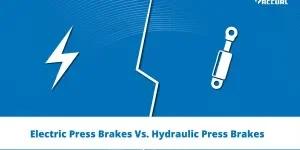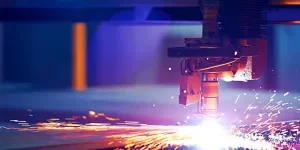If you’re in the business of making tiles, having a reliable and efficient tile making machine is an absolute must. But with so many different options on the market, it can be overwhelming to know where to start. Nevertheless, the right machine will make a significant difference in the quality and efficiency of your production line.
In this guide, we’ll look at key factors to consider when buying a tile making machine as well as the various types available.
Table of Contents
The business and market potential of tile making machines
Factors to consider when choosing a tile making machine
Types of tile making machines
Conclusion
The business and market potential of tile making machines
Growth in the tile making machinery market is expected to continue in the coming years. This growth is attributed to several factors such as an increasing demand for tiles in the construction industry, the rising popularity of modern architectural styles, and the introduction of anti-skid and anti-scratch tile variants. In addition, an increase in R&D activities aimed at minimizing carbon emissions and harmful gases are expected to drive further growth of tile making machinery.
Lastly, adopting new techniques like spray-dried clays and advanced equipment for tile selection and control has enabled manufacturers to produce a wider range of tile making machines.
Factors to consider when choosing a tile making machine
- Tile type
Different types of tiles, such as those made using ceramic, porcelain, glaze, or natural stone require different processing methods and machinery.
For example, ceramic tiles require a different level of pressure or heat during manufacturing than natural stone tiles. They are produced using a hydraulic press, while porcelain tiles require a dryer and a kiln.
- Production capacity
A tile making machine’s production capacity is defined by the number of tiles it can produce within a specific timeframe, typically expressed as the number of tiles produced per hour or day. When selecting a tile making machine, it is crucial to consider its production capacity, choosing one that fulfils your requirements.
For instance, a low-production capacity machine may suffice for a small-scale tile making business, while a high-capacity machine is necessary for a large-scale operation.
Additionally, selecting a machine with then appropriate production capacity is likely to impact production costs. A machine with a high production capacity can reduce labor costs and increase profitability by producing more tiles within a shorter time period.
- Tile size and design
Different machines vary in their ability to produce different tile sizes and designs. The machine’s production capacity and efficiency also depend on the size and design of the tile, and may need to be able to handle the weight of larger tiles or the added precision and accuracy required for intricate designs.
Moreover, the type of tile you wish to produce will also affect machine choice. It is vital to assess the desired tile size, design, and production requirements to determine the most efficient and effective tile making machine for your needs.
- Hopper
The hopper size in a tile making machine affects the number of tiles produced at once. A larger hopper means you can load more raw materials into the machine, reducing the need for frequent refills.
If you plan on producing a large volume of tiles, a machine with a larger hopper is ideal as it reduces downtime and ensures that the machine is running continuously. This is especially important if you have tight deadlines or are working on a large project.
On the other hand, if you only need to produce a small number of tiles, a machine with a smaller hopper may be more suitable. Smaller hoppers take up less space and are often more affordable, making them a better choice for those on a budget.
- Motors and electrical components
A high horsepower motor may be more powerful but will consume more energy, while a low horsepower motor may not be suitable for heavy-duty tasks.
High-quality electrical components are also crucial to ensuring smooth and efficient performance. Faulty electrical components may lead to costly repairs. It’s, therefore, crucial to select a machine with durable components.
Types of tile making machines
Below we’ll look at some of the most common types of tile making machines and how they differ in terms of production capacity:
Interlocking tile making machines
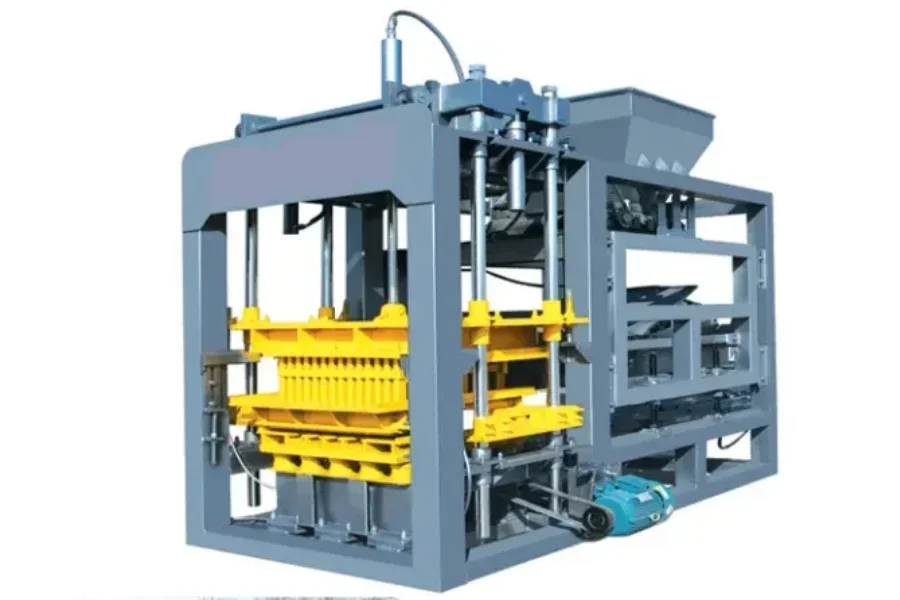
Interlocking tile making machines are specifically designed to produce interlocking, modular tiles that can be connected without the use of mortar or grout.
Key features
- Adjustable settings
- User-friendly interface for easy operation
- Customizable to meet specific production demands
Pros
- Cost-effective production of interlocking tiles
- Environmentally friendly
- Production of high-quality interlocking tiles with consistent shape and size
- Faster production time compared to manual production
- Ability to produce interlocking tiles on site, reducing transportation costs and carbon footprint
- Increased safety for workers due to reduced manual labor
Cons
- High initial investment cost
- Requires technical expertise to operate and maintain
- May not be suitable for small-scale production
- Limited customization options for certain models
- Dependence on electricity, and may require a backup generator in areas with inconsistent power supply
Brick tile making machine
A brick tile making machine is used to produce brick-like tiles by compressing a mixture of cement, sand, and water into molds.
Key features
- Multiple molds
- Automatic operation
- Hydraulic pressure
- Adjustable press pressure
- Some have built-in mixers to mix the raw materials
Pros
- High production rate; ideal for commercial use
- Produces consistent high-quality bricks that are durable and long-lasting
- Low labor costs and wastage
- Produces bricks in different colors, textures, and finishes, which adds to their aesthetic appeal
Cons
- High initial investment
- Requires skilled operators
- Regular maintenance and repair
Clay tile making machines
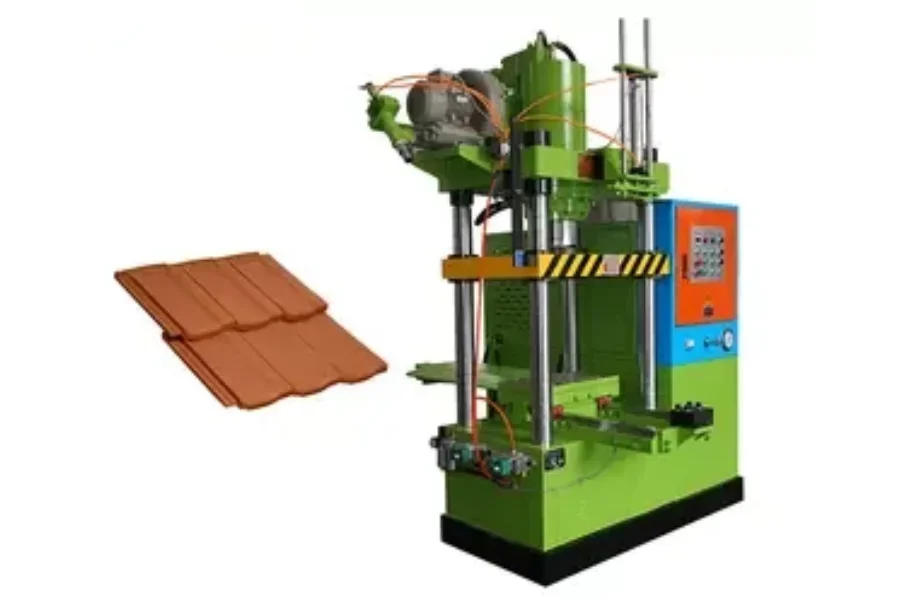
Clay tile making machines are used to shape and form clay into tiles of various sizes and shapes. It typically consists of a hopper, conveyor, cutting head, and a drying kiln.
Features
- Uses hydraulic or pneumatic pressure
- Compact design
- Computerized tile cutting
Pros
- Highly durable and resistant to harsh weather conditions
- Low maintenance costs and easy to clean
- Environmentally friendly
- Variety of designs and colors to choose from
- Can be used in both interior and exterior applications
Cons
- Expensive to purchase and install
- Can be noisy during operation
- Not suitable for high-traffic areas
- Can be difficult to repair and remove
Floor tile making machines
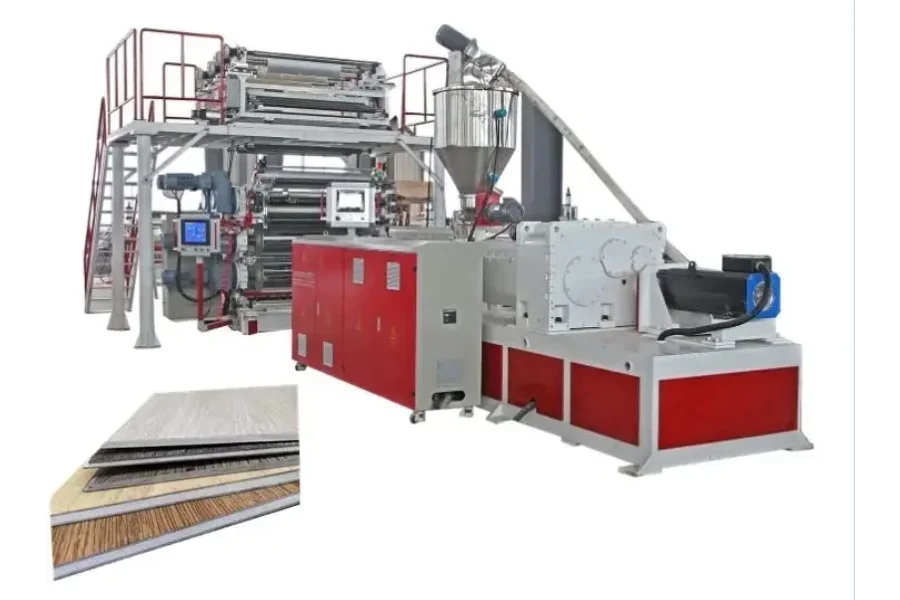
Floor tile making machines are used to cut, press, and extrude ceramic or stone tiles in a desired shape and size. They are used by tile manufacturers to produce floor tiles for residential and commercial applications.
Features
- Adjustable speed and pressure settings
- Compact design for easy transportation
- Programmable to make different tile shapes and sizes
Pros
- Cost-effective
- Ability to produce tiles with high accuracy and precision
- Fast production time
- Versatile and can produce a wide range of tile designs
- Environmentally friendly production
Cons
- High initial investment cost
- Complex programming process
- Limited capacity for producing large tiles
- Susceptible to dust, dirt, and other debris
- Requires frequent maintenance and cleaning
Paver tile making machines
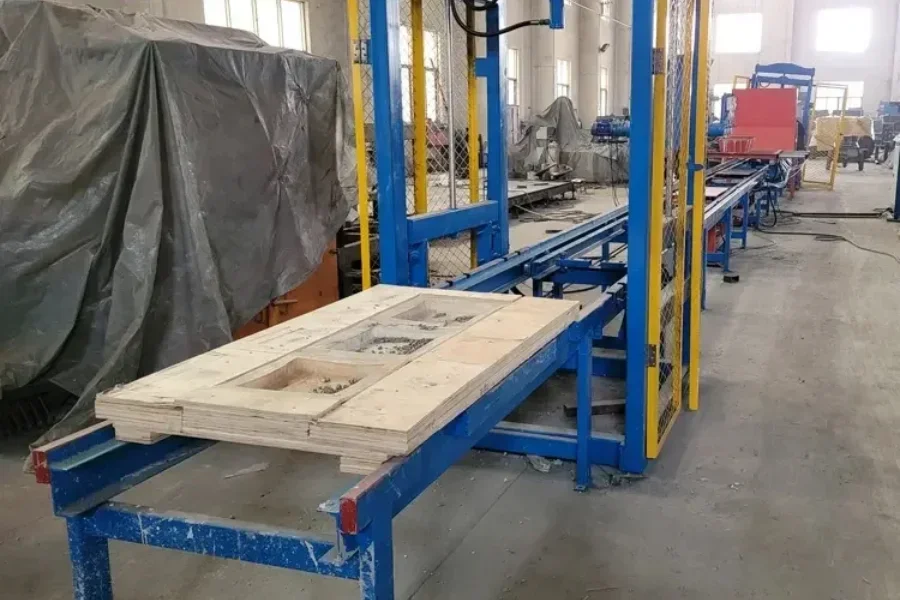
Paver tile making machines produce tiles from concrete, clay, or other materials, using a variety of molds and processes. They work by compressing and shaping raw material into a desired shape and size.
Features
- High-precision molds for a variety of paver tile designs
- Automated production process for increased efficiency
- High-quality materials for durable products
- Ability to customize shapes, sizes, and colors
Pros
- Increased production speed and accuracy
- Cost-effective solution for large-scale projects
- Easy to operate and maintain
- Can create a wide variety of tiles in various designs
Cons
- High initial investment cost
- Limited range of designs available
- Requires a large space for operations
- Difficult to clean and maintain.
Conclusion
You now have a decent idea of the various types of tile making machines available on the market and their respective uses, helping you to choose the right tile making machine for your business or home. Whether you’re looking for a simple machine for small-scale production or a powerful machine for large-scale production, make sure to do the research to find the perfect tile making machine to fit your needs. With the right machine, you can easily produce top-quality tiles for any project. Find thousands of machines like the ones mentioned above on Alibaba.com.
